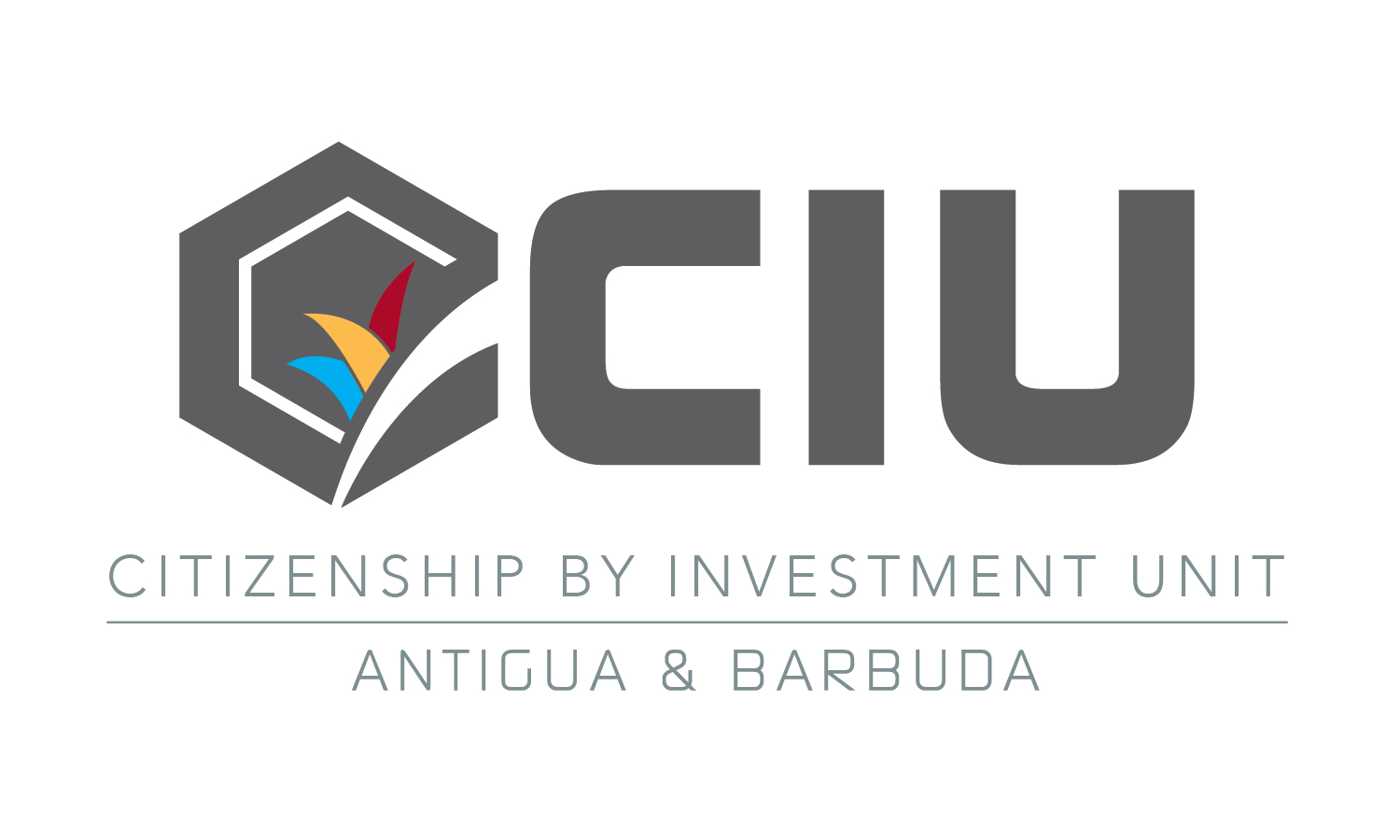
The government of Antigua and Barbuda has had a complete change of heart on the controversial issue of appointment of the board to oversee the Citizenship by Investment Programme and now want to put one in place.
At its meeting today the Cabinet agreed to install what it is now calling a “Policy Board” whose responsibility is to ensure that the Citizenship By Investment Unit (CIU) “conforms to the broad policy guidelines outlined by the CIP law, including the due diligence investigations.”
But the government was adamant in 2015 that it saw no need for a CIP board even though United Progressive Party leader Harold Lovell warned that it was mandated by statue.
Lovell said in 2016 that“I am putting all persons who have had any transaction with the CIP Unit on notice that they have been operating unlawfully without the benefit of a board which was set up by statute. They must understand that all they have done is illegal.”

But The Cabinet said on Wednesday that its decision to put the board in place now was in part to the most recent 2018 United States INCSR report which claims that interference by elected officials is possible under the current construct.
“The Cabinet agreed to alter the architecture in order to defeat any such claim in the future,” a Cabinet release said.
The United States 2018 International Narcotics Control Strategy Report (INCSR) which has publicly labelled all member-states of the Caribbean Community (CARICOM) as “major money laundering jurisdictions”.
The US INCSR report is an annual publication by the US Central Intelligence Agency; the information which is reported is usually provided by US diplomats stationed at the US Embassy in Barbados.

Advertise with the mоѕt vіѕіtеd nеwѕ ѕіtе іn Antigua!
We offer fully customizable and flexible digital marketing packages.
Contact us at [email protected]















Clearly the writer of this article prefers to ignore the fact that it was the ABLP admin which made the said amendment to add a board. The CIP Act was amended early in the ABLP first term, to add a board. Opposition voices argued against the change continuing their role of objecting even if the thing objected to makes sense. The PM then a few months later changed his mind and argued it was better handled by cabinet
Comments are closed.